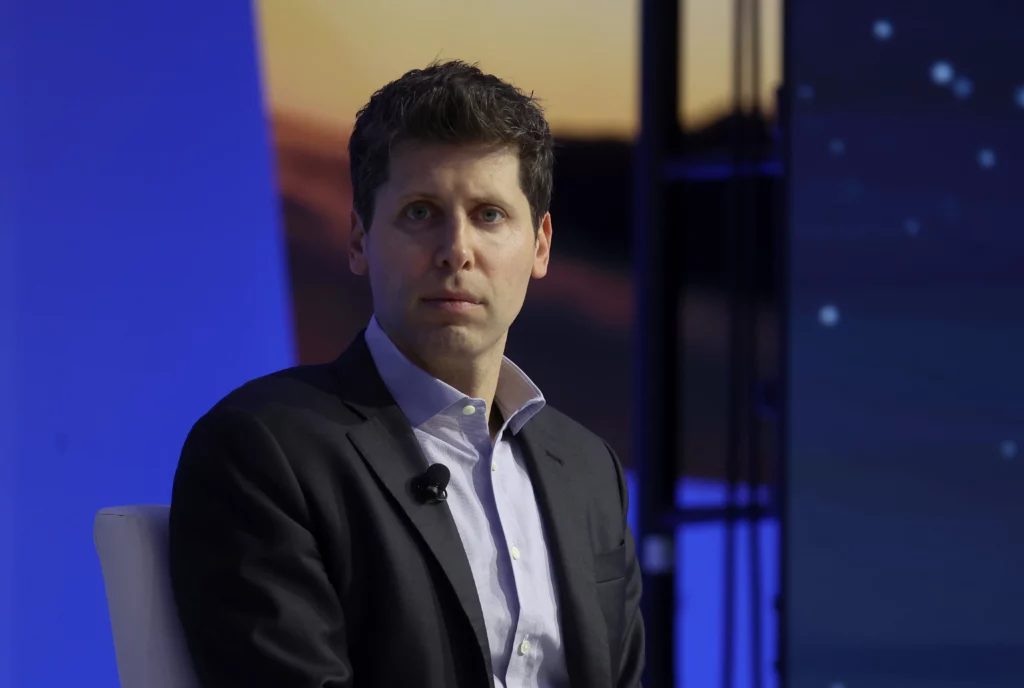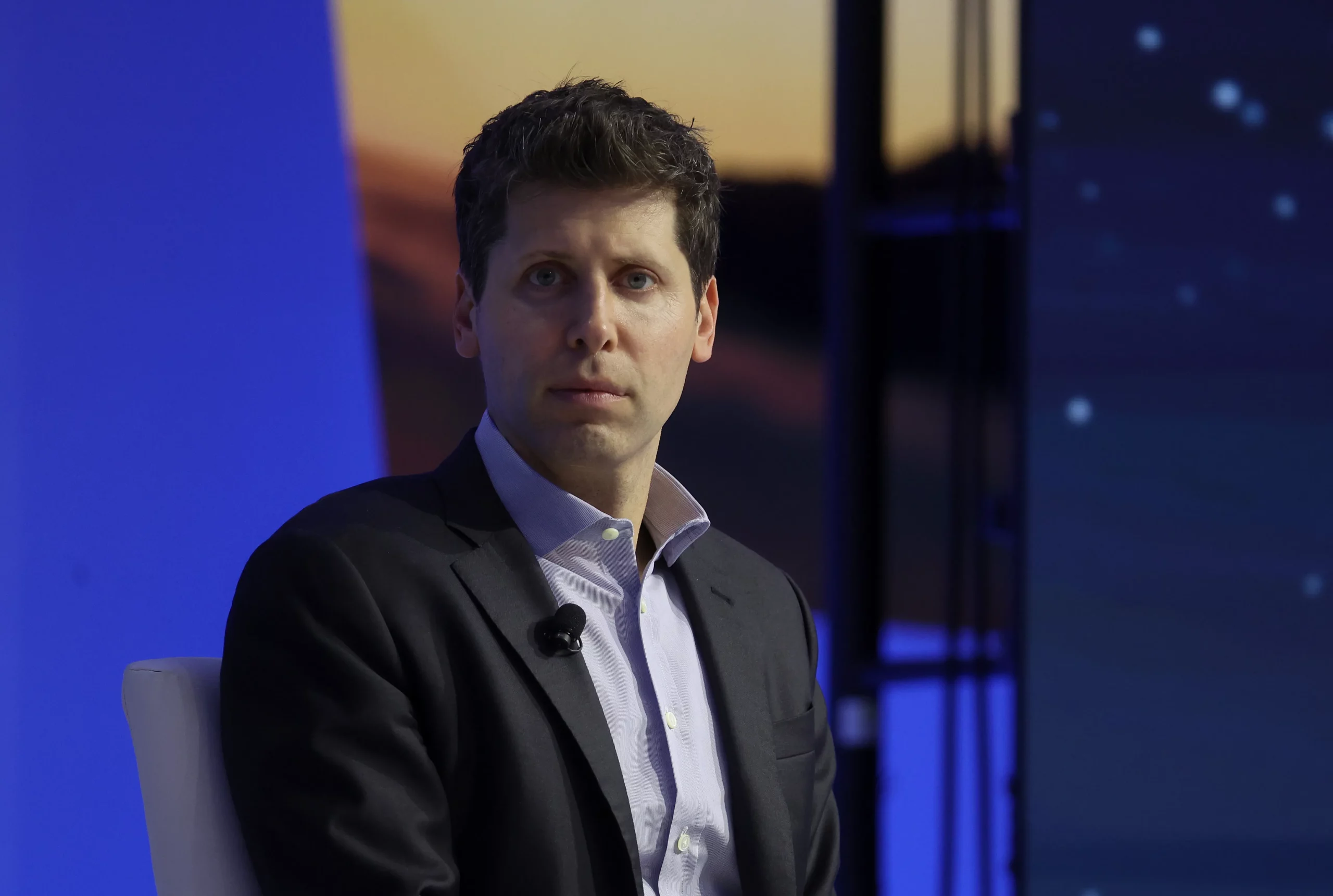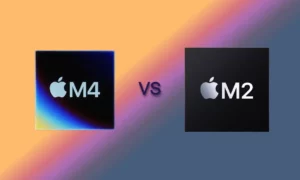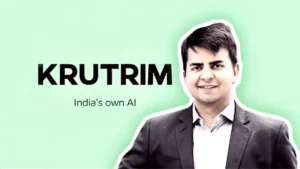Introduction
OpenAI is one of the most influential and controversial companies in the field of artificial intelligence (AI). Founded in 2015 as a non-profit organization with a noble mission “to ensure that artificial general intelligence benefits all of humanity”, OpenAI has since evolved into a capped-profit entity with a board that is not accountable to shareholders or investors. The company has also attracted some of the brightest minds and the biggest funding in the industry, including a $13 billion investment from Microsoft.
However, in recent months, a series of controversies and conflicts have embroiled OpenAI, raising questions about its vision, values, and practices. These issues have ignited a debate about whether OpenAI is transitioning into a villain or a hero in the AI landscape, and what implications this holds for the future of humanity.
The Firing and Reinstatement of Sam Altman

One of the most dramatic events that shook OpenAI was the firing and reinstatement of its CEO, Sam Altman, in November 2023. Altman had been CEO since 2019, and oversaw the investment of some $13 billion from Microsoft.
Altman was fired by the OpenAI board, which included some of the other co-founders, such as Ilya Sutskever, the chief scientist, and Greg Brockman, the chief technology officer. The board did not give detailed reasons for the decision, saying at first that Altman “was not consistently candid in his communications with the board” and later adding that the decision had nothing to do with “malfeasance or anything related to our financial, business, safety or security/privacy practice”.
According to a Nature article, Sutskever had shifted his focus to ‘superalignment’, a four-year project attempting to ensure that future superintelligences work for the good of humanity, while Altman had pushed for faster and more ambitious AI development, such as Sora.
Altman’s firing triggered hundreds of OpenAI employees to sign a letter threatening to follow him to Microsoft, where he had been offered a job leading a new advanced AI research team. The letter expressed their support for Altman and their dissatisfaction with the board’s decision and communication.
The board eventually reversed its decision and reinstated Altman as CEO, with an overhaul of the board’s structure and composition. The new board included Altman, Brockman, and two independent members, who were not affiliated with OpenAI or its investors.
The firing and subsequent reinstatement of Altman unveiled internal tensions and conflicts within OpenAI. It also highlighted the influence and loyalty Altman commands among employees and the AI community. It also raised questions about the governance and accountability of OpenAI.
The Lack of Transparency and Communication
OpenAI has been criticized for being secretive and selective about what it shares and how it shares it, often leaving out important details or releasing them after the fact.
When OpenAI released ChatGPT in 2022, it claimed that releasing the full model was “too dangerous.” This assertion was based on concerns about potential misuse and abuse. These concerns included generating fake news, spam, phishing, and impersonation.
However, the company later admitted that it had already shared the full model with certain partners and investors, such as Microsoft. Additionally, OpenAI disclosed that it had used questionable data sources to train ChatGPT. These sources included Reddit, a platform known for hosting hateful, abusive, and extremist content.
In 2023, when OpenAI introduced Sora, they did so in a casual and playful manner, almost as if sharing a fun weekend project they were proud of. They posted a thread on X, showcasing some of the videos that Sora could generate from textual descriptions.
However, they omitted any mention of the technical details or safety measures taken to prevent misuse or abuse of Sora. They also didn’t mention how Sora might affect industries like entertainment, education, and journalism.
OpenAI’s lack of transparency and communication has been seen as a sign of arrogance and irresponsibility. Many voices within the AI community and the public have urged OpenAI to embrace and adhere to existing standards and best practices for AI development and deployment. Suggestions include adopting frameworks like the Partnership on AI’s Tenets or the IEEE’s Ethically Aligned Design.
The Disruption and Displacement of Existing Industries and Startups
Another concerning sign about OpenAI might be is its disruption and displacement of existing industries and startups that rely on or compete with its AI technology, without proper consultation or collaboration.
OpenAI has demonstrated little regard or respect for existing players and stakeholders in these domains. The company frequently acts unilaterally and disruptively, without considering potential consequences or alternatives. The announcement of Sora sent shockwaves through the industry, as many feared it would render their skills and services irrelevant. Some of the affected parties included:
- Tyler Perry, a famous actor, producer, and director, who halted an $800 million expansion of his studio in Atlanta, Georgia, due to Sora’s announcement. Perry stated that the news “stunned and saddened” him, expressing the need to reconsider his business strategy and future plans.
- Synthesia, a London-based startup that provides a platform for creating realistic and personalized videos from text or voice. Synthesia said that Sora’s announcement was “a huge blow” to their company, and that they had to pivot and differentiate their product and value proposition.
- Lumen5, a Vancouver-based startup that provides a tool for creating engaging and informative videos from text or blog posts. Lumen5 said that Sora’s announcement was “a wake-up call” for their company, and that they had to innovate and improve their product and customer experience.
OpenAI’s disruption and displacement of existing industries and startups are perceived as acts of hostility and pose significant challenges. Those impacted express frustration and anger towards OpenAI, demanding increased dialogue and cooperation from the company.
Conclusion
OpenAI is a company with significant influence and impact in the field of artificial intelligence and humanity’s future. It has developed advanced AI systems like ChatGPT and Sora. These systems demonstrate AI’s potential and power, along with the associated challenges and risks.
Despite its advancements, OpenAI has encountered controversies and conflicts. These instances raise questions about its vision, values, and practices. The debates surrounding OpenAI have led to discussions about its role in the AI landscape.
There’s an ongoing debate on whether OpenAI is a hero or a villain in the realm of AI. This discussion has profound implications for humanity’s future. It’s essential that OpenAI listens to feedback and criticism.
OpenAI should strive to act more responsibly and ethically. This aligns with its mission “to ensure that artificial general intelligence benefits all of humanity.”




